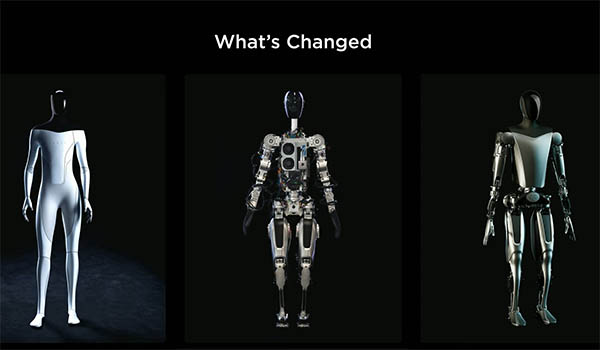Meta Ventures into Humanoid Robotics to Compete with Tesla's Innovation
Meta, formerly known as Facebook, has announced its venture into humanoid robotics by establishing a new division under its Reality Labs unit. The company aims to develop AI-powered humanoid robots that can perform various physical tasks to assist individuals in their daily lives. This strategic move is part of Meta's efforts to enhance its mixed and augmented reality projects utilizing its AI foundation models, particularly the Llama models.
Challenges and Opportunities in Humanoid Robotics
Although significant investments have been made by various companies in AI-driven humanoid robots for applications in manufacturing, logistics, and domestic environments, progress in this field has been relatively slow. One of the key challenges highlighted by experts is the limitation in applying language-related AI advancements to enable robots to interact effectively with the physical world.

The memo outlining Meta's foray into humanoid robotics emphasized the company's commitment to the Reality Labs division, despite reporting substantial financial losses in the previous year. Meta has been focusing on embodied AI, striving to create AI assistants capable of perceiving and navigating the three-dimensional physical world.
Expansion and Leadership Appointments
To strengthen its expertise in this domain, Meta plans to establish retail outlets where consumers can experience its products firsthand. Marc Whitten, the former CEO of Cruise, has been appointed as the Vice President of Robotics to lead this new division, while John Koryl, former CEO of The RealReal, will oversee retail operations.

Meta's strategy includes developing its own humanoid robot hardware specifically designed for household tasks, alongside investing in AI technologies, sensors, and software to power robots produced by external manufacturers. While the company is engaging in discussions with robotics firms such as Unitree Robotics and Figure AI, it currently does not have plans to release a branded robot in the near future.
Competition with Tesla's Optimus
Meta's move into humanoid robotics positions it as a direct competitor to Tesla, which has been actively working on its humanoid robot named Optimus. Tesla's CEO, Elon Musk, has revealed plans for Optimus to undertake everyday tasks, with prototypes anticipated to be operational in Tesla's facilities by late 2025, and commercial units slated for release in 2026.

Tesla envisions significant profitability from its robots, projecting an approximate price of $20,000 per unit and targeting a substantial market share. As Meta and Tesla engage in this race to introduce humanoid robots to consumers, it will be intriguing to observe how these innovations transform the competitive landscape of the industry.




















